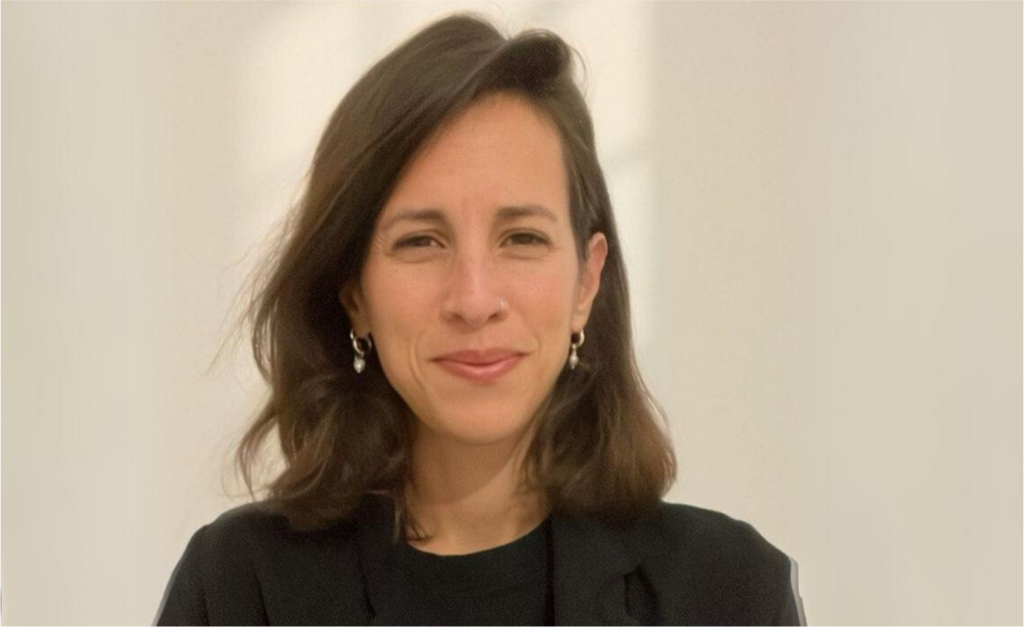In collaboration with JGive
After an incredible wave of generosity from hundreds of thousands of Israelis, Israel is now focused on strategic, organized donation efforts long-term.
For those aiming to raise funds, factors determine the most effective approach. Should a non-profit be established? When is private fundraising preferable? How ensure the process safely, transparently to encourages donors?
Joining an existing non-profit
One common solution is temporarily affiliating with an established organization. Israeli law allows non-profits to operate outside their core mission during emergencies, as long as donations support relief efforts.
The Tax Authorities and Corporations Authority allow NGOs to operate outside their original purpose in an emergency, if the donation is in the context of the emergency situation, explains attorney Yaron Kedar, a partner at Kedar Law Firm, formerly head of the Corporations Authority at the Ministry of Justice, and a legal advisor to The national emergency fund 'יחד ננצח' established by JGive.
2 View gallery


Nariya Aviran: "The ultimate goal in resource mobilization is to build a strong donor community"
(JGive)
However, there are some challenges in joining an existing NGO. For NGOs that specialize during normal times in a specific topic, moving to other fields may not always be effective and good, says Attorney Kedar. Another difficulty is that regulatory approval is only for the emergency period, so any funds accumulated later cannot be used for the intended purposes.
Nariya Aviran says that "The ultimate goal in resource mobilization is to build a strong donor community". JGive connects private initiatives to NGOs, allowing convenient, safe and worthwhile donations.
Another option for fundraising in cooperation with an NGO is through JGive, a platform that connects the fundraising entity to an NGO whose purpose can 'host' the fundraising through the platform.
Nariya Aviran, Vice President of Operations at JGive, says: "In cases where we receive requests from private individuals, we create connections with 'host' NGOs and thus enable them too to raise donations through us. That way, the recognized NGO performs the needs identification and implementation of funds in a reliable manner by signing an agreement with the fundraising entity, increasing the reliability and security of the process."
Aviran emphasizes that "only registered NGOs with proper management approval and Section 46 approval can raise donations through JGive, so donors benefit from the option of a tax deduction of up to 35% of the donation amount, even when the donation is transferred to a private entity."
The challenges of fully private fundraising and direct donations to NGOs
The main difficulty with private donations, whether directly or through crowdsourcing fundraising platforms, is that "the donor has to rely on the fundraising entity properly identifying the need and transferring the money to the right place," says Attorney Kedar".So the fundraising entity has a great responsibility towards donors."
In addition, "even if the fundraising entity has the best of intentions, they may not have the proper tools. They may not be doing it in the right legal manner."
2 View gallery


Attorney Yaron Kedar: "It is important to consult in order not to face painful consequences in the future"
(JGive)
Additionally, donations to private entities do not include a tax deduction, which amounts to 35% of the total donation and is a significant incentive for donors.
As for direct donations to NGOs, Attorney Kedar explains that the donor "needs to ensure the NGO has proper management approvals and a public institution approval according to Section 46(a) of the Income Tax Ordinance to receive a deduction through a tax credit."
The significant disadvantage of establishing an NGO, especially given the immediate need for fundraising and investing funds, is the bureaucracy and long time required to obtain the essential approvals".You need to gather seven founders, register the NGO, open a bank account subject to very restrictive bank regulations regarding money laundering," details Attorney Kedar".Submitting documents for approval takes weeks and tax exemption approval takes at least a year, so a new NGO has no advantage for donors."
Every successful fundraising relies on good and impactful content, and a relevant target audience.
After choosing how to raise funds, it's time to understand how to make the fundraising successful".From our experience with thousands of campaigns," says Aviran, "successful fundraising relies on one hand on the content, story, need that is raising funds, and on the other hand on the target audience."
"Content-wise decisions include defining a clear goal, storytelling after deep thought, and visuals that convey the story in the best way," says Aviran.
Regarding the target audience, "it is important to sharpen the relevant target audience and adapt the nature of the fundraising and platform accordingly," says Aviran".In addition, it is important to properly map out the NGO's circles in the best way possible to reach all potential donors as effectively as possible. Using ambassadors of the NGO helps reach relevant audiences in a creative way. It is also recommended to try and build an infrastructure of business partnerships to create income sources and help brand the NGO to the public."
In addition, "it is important to ensure the NGO has appropriate manpower that can take on the fundraising project," reminds Aviran.
"The ultimate goal in resource mobilization should be building a strong community of donors engaged with the organization's activities and continuing to support the NGO long-term. Fundraising from the public is not a one-time request, but part of a long-term process of community-building and donor retention."
Professional guidance is a critical factor, especially for those without fundraising experience
"The more extensive the fundraising scale, the more necessary professional legal and accounting guidance," says Attorney Kedar".There are many implications to managing others' money on large scales". Given the current emergency situation, Attorney Kedar reminds that "ultimately there will be calm, and the regulatory bodies will review the actions taken in the emergency. We are not in a situation where there is no law. Regulation exists, and it is precisely important for good people wanting to help to consult in order to act properly within the right framework and not face painful consequences in the future."
Professional guidance is key
Attorney Yaron Kedar emphasizes the importance of compliance given future regulatory oversight: "It is best to avoid unintended consequences down the line."
Aviran notes fundraising success relies on impactful storytelling and clearly defining target audiences. Professional guidance is especially important for first-time nonprofit fundraisers to implement best practices.
As a nonprofit platform, JGive aims to equip organizations with tools to fundraise sustainably independently over time by demystifying the process. The platform uniquely connects relevant stakeholders across sectors.
As a non-profit platform itself, "JGive's goal is to provide NGOs with the proper tools for fundraising so that next time they will not need us but be able to operate independently based on the tools they received.. We have no interest in developing dependence. Once a proper methodology is built, the NGO can manage on its own. Sometimes an external assisting factor that helps kickstart the process is worth the effort - a fundraising campaign appeals to many people, and no one wants to stumble in such a process."
The advantages of JGIVE - a unique meeting place between donors, funds, companies and NGOs.
JGive is a non-profit platform that operates to encourage a culture of giving in Israel, serving as a unique meeting place between NGOs, companies, individual donors and funds managing tens of millions annually.
Among other services, the platform offers fundraising management for philanthropic funds, seamless donation reception solutions in various ways and currencies, and the creation of targeted campaigns for specific purposes using diverse innovative tools.
For donors, "JGive is a safe and trusted platform for donations, with innovative and advanced solutions for managing personal donations. For business corporations, we provide employee engagement and corporate philanthropy budget management solutions as part of corporate social responsibility," says Aviran.
For example, an employee can become an ambassador for an NGO, easily spread the word among employees, and the company will match the donation. All relevant players meet in one place, and this can't happen anywhere else."
In recent weeks, Aviran says one can see this meeting place most tangibly.
"We established The ׳יחד ננצח׳ fund on October 7th, a national emergency relief fund for victims of the war that has raised over 18 million NIS from citizens, employees and companies who see."

